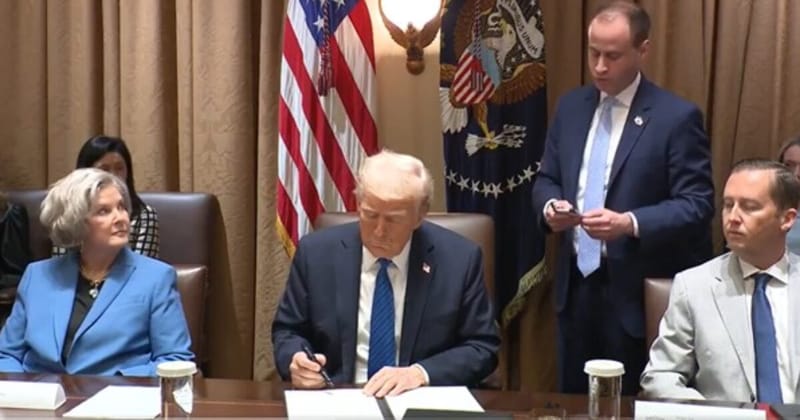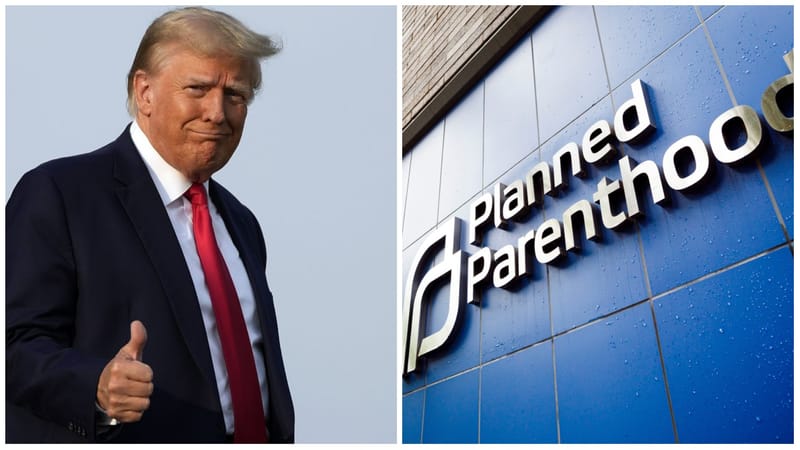Trump Reinstates Over 8,000 Dismissed Troops, Grants Full Back Pay
Formerly Discharged Military Members Return to Service After COVID-19 Vaccine Refusal January 27, 2025 - Washington, D.C. Trump Reinstates Over 8,000 Dismissed Troops, Grants Full Back Pay Washington, D.C. - In a significant policy reversal, President Donald Trump has announced the reinstatement of over 8,000 military
Formerly Discharged Military Members Return to Service After COVID-19 Vaccine Refusal
January 27, 2025 - Washington, D.C.
Trump Reinstates Over 8,000 Dismissed Troops, Grants Full Back Pay
Washington, D.C. - In a significant policy reversal, President Donald Trump has announced the reinstatement of over 8,000 military members who were previously discharged for declining the COVID-19 vaccine. This executive order, signed into effect this week, not only allows these service members to return to their previous ranks but also ensures they receive full back pay for the time they were dismissed.
The mandate for military personnel to receive the COVID-19 vaccine was initially implemented under the Biden administration from August 2021 to January 2023. Despite the mandate being lifted, those who were discharged for non-compliance were not automatically reinstated. President Trump's action aims to correct what he describes as an "injustice" to these service members.
"This week, I will reinstate any service members who were unjustly expelled from our military for objecting to the COVID vaccine mandate with full back pay," Trump stated during his inauguration speech, signaling his intent to reverse one of the contentious policies from the previous administration. His Defense Secretary nominee, Pete Hegseth, echoed this sentiment, promising an apology and the restoration of rank and pay to those affected.
🚨BREAKING: President Trump is bringing back over 8,000 military members who were dismissed for not getting the Covid vaccine, granting them full back pay.
— Benny Johnson (@bennyjohnson) January 27, 2025
Promises made. Promises kept.
pic.twitter.com/sJgeWXJs5m
This move has sparked a variety of reactions. Supporters view it as a step towards restoring trust within the military ranks and rectifying a policy they argue compromised individual rights. Critics, however, caution about the logistical and administrative challenges of reintegrating such a large number of personnel back into service, especially considering the changes in military structure and roles that have occurred over the intervening years.
The decision comes at a time when the U.S. military is grappling with recruitment and retention issues, and this policy could potentially impact morale and readiness. The financial implications are also noteworthy, with potential costs running into hundreds of millions due to the back pay, though exact figures have not been disclosed immediately by the administration.
President Trump will sign an executive order to reinstate service members who were kicked out of the military for refusing COVID-19 vaccines. Those reinstated will be provided back pay and benefits, according to the White House. | @pdoocy pic.twitter.com/WeoQQ5TFd7
— Fox News (@FoxNews) January 27, 2025
This executive order is part of a broader set of military-related policies by the Trump administration, including the termination of diversity, equity, and inclusion programs in the Pentagon and plans for enhancing national defense, like the proposed U.S. version of Israel's Iron Dome missile defense system.
The move has been trending on social media platforms like X, where numerous posts have praised the decision, highlighting the return of these "heroes" to service. However, the discourse also reflects a polarized view, with debates on the implications for military discipline and readiness.
As the policy unfolds, it will be crucial to observe how this reintegration process is managed and what long-term effects it might have on the U.S. military's operational capabilities and internal culture.




